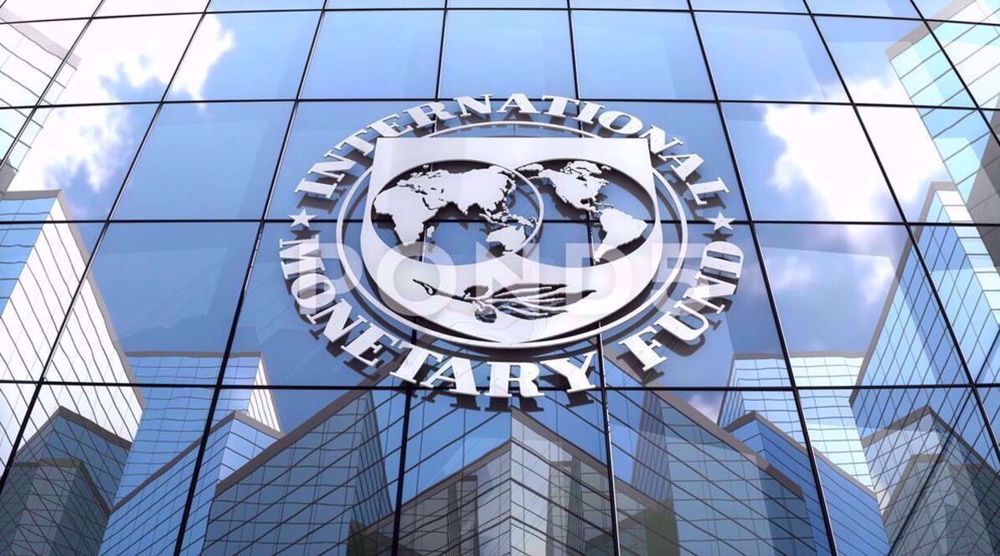EU firms barter auto parts in Iran petchem deals
Reports by Western media show that European energy firms are using barter schemes to dodge banking obstacles in their efforts to purchase petrochemical products from Iran.
The Wall Street Journal in a report has quoted Ali Mohammad Bossaghzadeh, the director of production control at Iran’s National Petrochemical Company (NPC), as saying that EU companies are using automobile spare parts in “complex bartering arrangements” to buy Iran’s petrochemicals.
Under one such arrangement, he said a European company pays for the Iranian petrochemicals by sending money to an EU-based maker of spare automobile parts. That parts maker then sends its products to Iran, where the buyer pays Iranian petrochemicals companies. He declined to name any of the companies involved, the Wall Street Journal has reported.
Bartering deals with Iran were common during sanctions for non-oil products, but they weren’t expected to remain as a means of doing business after sanctions.
Energy transactions “have not taken place as quickly as we would have wished,” the Journal has further quoted Amir Hossein Zamaninia, Iran’s deputy oil minister for international affairs, as saying.
“Some major banks are being too cautious…because they have been terrorized by the United States’ Treasury in the past.”
Nevertheless, Zamaninia emphasized that deals are getting resolved case by case. “It is a question of time,” he added.
Even though a series of economic sanctions were lifted against Iran in January, the US still maintains a prohibition on Iran to access the American financial system or to directly conduct transactions in US dollars. Experts say this has fueled confusion and practical impediments given that international transactions routinely cross through the US banking system.
The Western media have already reported that European and Asian governments and companies, primarily banks, have sought written clarification about what current US laws and financial regulations allow. Essentially, they want a promise that the US will not prosecute or punish them for transactions involving Iran — a step the US has so far been reluctant to take, AP has emphasized.
Russian court orders Google to pay staggering fine of $20 decillion
Yemeni forces carried out five operations in Haifa, targeting six ships, in one year: Report
VIDEO | US-Israeli war on West Asia
Israeli war machine fails to penetrate Lebanon despite barbaric bombardment: Houthi
VIDEO | Is West's dominance over?
VIDEO | Five Syrians killed in Israeli airstrikes on al-Qusayr near Homs
VIDEO | South African resistance leaders reflect on ways to overcome Israeli aggression
VIDEO | Press TV's news headlines










 This makes it easy to access the Press TV website
This makes it easy to access the Press TV website